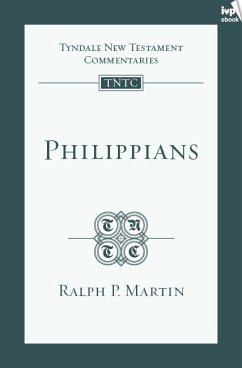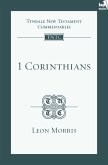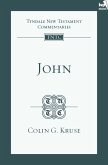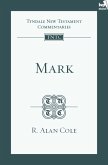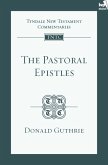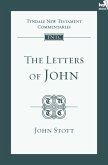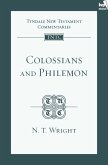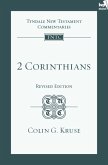Paul's letter to the Philippians may aptly be seen as a meditation on joy. But Paul's joy, rather than the result of ease and comfort, is a contentedness made pure through suffering. He has 'learned the secret of being content in any and every situation, whether well fed or hungry, whether living in plenty or in want'. Ralph Martin shows how these themes flow from and emulate Christ's humility, lead to spiritual fellowship among believers, and contribute to spreading the gospel.This classic commentary has been completely retypeset and presented in a fresh, vibrant new large paperback format, with new global branding.
Dieser Download kann aus rechtlichen Gründen nur mit Rechnungsadresse in A, D ausgeliefert werden.

